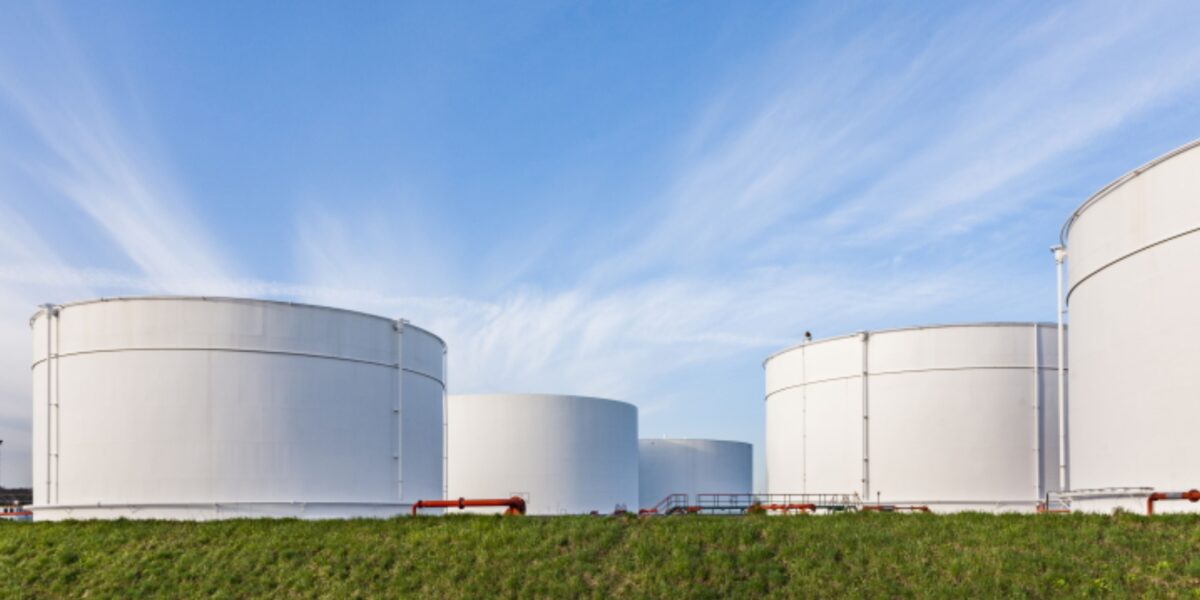Beyond Filtration: The Advanced World of Water Treatment Tanks

In an era where clean water is a crucial resource, the technology and methods used to ensure its quality have evolved significantly. While traditional filtration methods have served as the backbone of water treatment, the role of Water Treatment Tanks has become increasingly sophisticated and essential. These tanks are not just containers; they are integral components in a comprehensive water management system, designed to enhance water quality, efficiency, and safety. This blog explores the advanced world of Water Treatment Tanks, delving into their functions, benefits, and technological innovations.
The Evolution of Water Treatment Tanks
Historically, water treatment relied heavily on basic filtration methods such as sand and carbon filters. These systems were effective to a degree but had limitations in addressing more complex contaminants and managing large volumes of water. The advent of Water Treatment Tanks marked a significant shift in how water was processed and stored. These tanks are designed to support various stages of water treatment, from initial filtration to final disinfection and distribution.
Types of Water Treatment Tanks
Water Treatment Tanks come in various types, each tailored to specific needs and stages in the treatment process. Understanding these types is crucial for selecting the right tank for a given application.
- Sedimentation Tanks: These tanks are designed to allow suspended particles to settle out of the water through gravity. Sedimentation is an essential step in removing larger particles and debris before further treatment.
- Flocculation Tanks: In these tanks, chemicals are added to the water to form flocs, or clumps of particles, which are then removed. Flocculation enhances the efficiency of sedimentation and filtration processes.
- Activated Carbon Tanks: These tanks use activated carbon to adsorb organic compounds, chlorine, and other contaminants. They are crucial for improving taste, odor, and overall water quality.
- Disinfection Tanks: Tanks used for disinfection typically employ chlorine, ozone, or ultraviolet (UV) light to kill or deactivate pathogens, ensuring the water is safe for consumption.
- Pressure Tanks: Used in systems that require water to be pumped under pressure, these tanks maintain consistent water pressure and help in managing water flow.

Advanced Technologies in Water Treatment Tanks
The development of advanced technologies has revolutionized Water Treatment Tanks, making them more efficient and effective. Some of the key advancements include:
1. Smart Monitoring Systems
Modern Water Treatment Tanks are equipped with smart monitoring systems that provide real-time data on water quality, flow rates, and tank conditions. These systems use sensors and IoT technology to monitor various parameters and alert operators to potential issues, allowing for timely intervention and maintenance.
2. Enhanced Materials and Coatings
The durability and performance of Water Treatment Tanks have been greatly improved with the use of advanced materials and coatings. For instance, tanks made from high-density polyethylene (HDPE) or fiberglass-reinforced plastic (FRP) offer superior resistance to corrosion and chemical reactions. Specialized coatings also help protect the tank from environmental factors and extend its lifespan.
3. Modular Design
Modular design allows for the customization and scalability of Water Treatment Tanks. This approach enables the construction of tanks in sections that can be assembled on-site, making it easier to expand or modify the system as needed. Modular tanks also facilitate maintenance and repair by allowing individual sections to be serviced without dismantling the entire system.
4. Energy-Efficient Technologies
Energy efficiency is a growing concern in water treatment. Advanced Water Treatment Tanks incorporate energy-efficient technologies such as variable frequency drives (VFDs) for pumps and motors, which reduce energy consumption by adjusting the speed of operation based on demand. Additionally, the integration of renewable energy sources, like solar panels, can further reduce the carbon footprint of water treatment systems.
Benefits of Modern Water Treatment Tanks
The advancements in Water Treatment Tanks offer numerous benefits that enhance overall water treatment processes and contribute to better water management.
1. Improved Water Quality
One of the primary benefits of advanced Water Treatment Tanks is the improvement in water quality. Enhanced filtration, disinfection, and monitoring technologies ensure that contaminants are effectively removed, and the water meets or exceeds regulatory standards.
2. Increased Efficiency
Modern tanks are designed for efficiency, with features that optimize water flow, reduce energy consumption, and minimize waste. This efficiency translates to lower operational costs and improved performance of the water treatment system.
3. Enhanced Safety
Safety is a critical aspect of water treatment. Advanced Water Treatment Tanks are equipped with safety features such as automated shut-off valves, alarms, and fail-safes that prevent accidents and protect the water supply from contamination.
4. Flexibility and Scalability
The modular and customizable nature of modern tanks provides flexibility in design and scalability for future expansion. This adaptability is essential for meeting changing demands and accommodating growth in water treatment systems.
Applications of Advanced Water Treatment Tanks
The applications of advanced Water Treatment Tanks extend across various sectors, each benefiting from their specific features and capabilities.
1. Municipal Water Systems
Municipal water systems use large-scale Water Treatment Tanks for treating and distributing water to communities. These tanks play a crucial role in ensuring a safe and reliable water supply for residential and commercial use.
2. Industrial Processes
In industrial settings, Water Treatment Tanks are used to manage process water, cooling water, and wastewater. Advanced tanks help in maintaining water quality for production processes and ensuring compliance with environmental regulations.
3. Agricultural Irrigation
Agricultural operations benefit from Water Treatment Tanks that store and treat irrigation water. These tanks help in managing water resources efficiently and ensuring that water used for crops is free of contaminants.
4. Emergency Water Supply
In emergencies, such as natural disasters or infrastructure failures, Water Treatment Tanks provide a critical source of clean water. Portable and temporary tanks can be deployed to areas in need, ensuring access to safe drinking water.

Conclusion
The advanced world of Water Treatment Tanks represents a significant leap forward in water Storage Tanks technology. From enhanced materials and smart monitoring systems to modular designs and energy-efficient technologies, these tanks are at the forefront of ensuring clean and safe water for various applications. As technology continues to evolve, so too will the capabilities of Water Treatment Tanks, driving further innovations in how we treat and manage our most vital resource.











